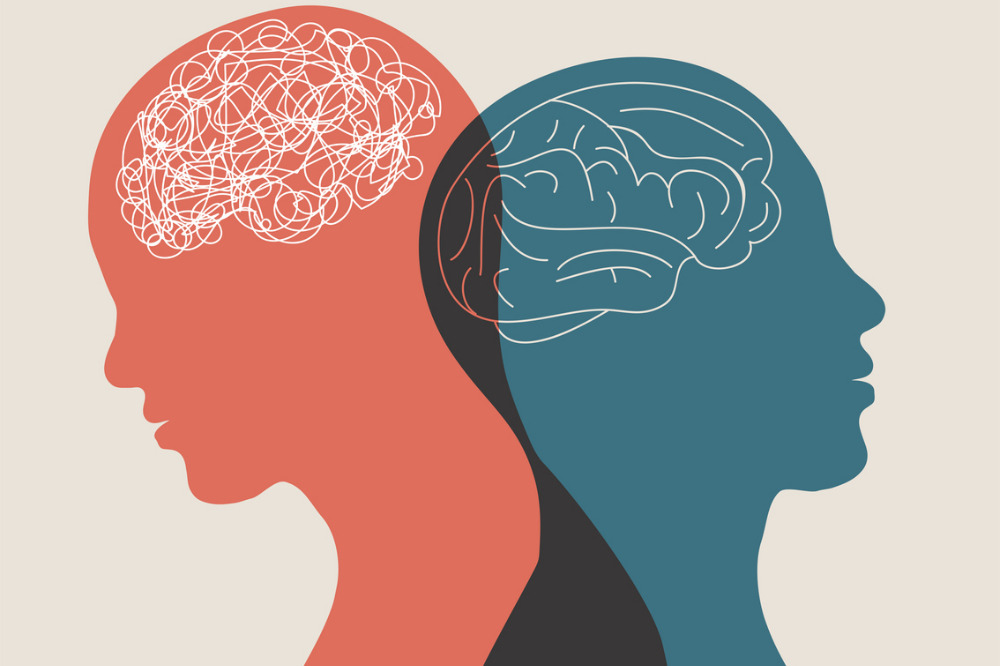Bupa report lists mental health problems among Aussies’ top concerns

The Bupa Pulse Check report, conducted by Quantum Market Research, analysed Australians’ attitudes towards health and wellbeing and examined the ongoing impacts of the COVID-19 pandemic.
The report found that two in three Australians were concerned about developing a chronic illness, with back pain, arthritis, cancer, and mental health conditions as top concerns. It also found that half of Australians under 50 admitted delaying health appointments due to COVID-19, while 50% voiced concerns about future pandemics.
Bupa Pulse Check report – key findings
The Bupa Pulse Check report further found that:
Two in three Australians aged 18 to 39 sought mental health assistance over the last 12 months, with one in four accessing three or more services
More Australians use a streaming service (73%) rather than spend time outdoors and in nature (66%)
Two in five deemed costs the main barrier to maintaining health and wellbeing, while 35% said they lack motivation
One in five rated their financial situation as poor, with finances being one of the main drivers impacting their perceptions of their overall quality of life and mental health
Many Australians said the environment has a negative impact on their mental and physical health, with extreme weather events as the main concern
The report further revealed that Australians are changing their habits to become healthier, including the following:
Nearly two in five adults (38%) said they reduced their alcohol consumption
Active transport – such as walking, running, and cycling – are the top ways Australians incorporate exercise into their regular lives
Having a routine is key for one in three Australians to successfully manage their health and wellbeing, while 50% take vitamins or supplements
The COVID-19 pandemic encouraged more than half of Australians to prioritise their health and wellbeing
One in three adults (32%) monitor their health and fitness using an app or wearable device
COVID impact
Bupa managing director Chris Carroll said the latest report emphasised how Australians continued to prioritise their health and wellbeing needs since the COVID-19 pandemic.
“The pandemic caused a shift in the way we approach life, and while it’s positive to see some healthy behaviours emerge, like being more active and reducing alcohol intake, there are still lingering concerns about Australians’ long-term wellbeing and approach to managing chronic health issues,” Carroll said.
“With many of those surveyed citing financial pressures as one of the barriers to healthier lifestyles, we continue to work hard to ensure customers can get maximum value from their policies and have advocated for changes that would allow private health providers to fund certain wellness and lifestyle products like gym memberships, fitness wearables, and accessing care in the community.”
Quantum Market Research managing director Richard Frost said some positive health and wellbeing habits formed during lockdowns have started fading away.
“While there were certain cohorts of the community that had fallen back into old habits, others had taken advantage of the reopening of health and fitness services since the pandemic,” he said. “The pandemic has helped many recognise the importance of prioritising health and wellbeing to improve quality of life and minimise the chance of disease later in life.”
In 2021, Bupa launched a curated health and wellbeing app to provide a convenient and affordable way for people to access popular health and wellbeing services.





